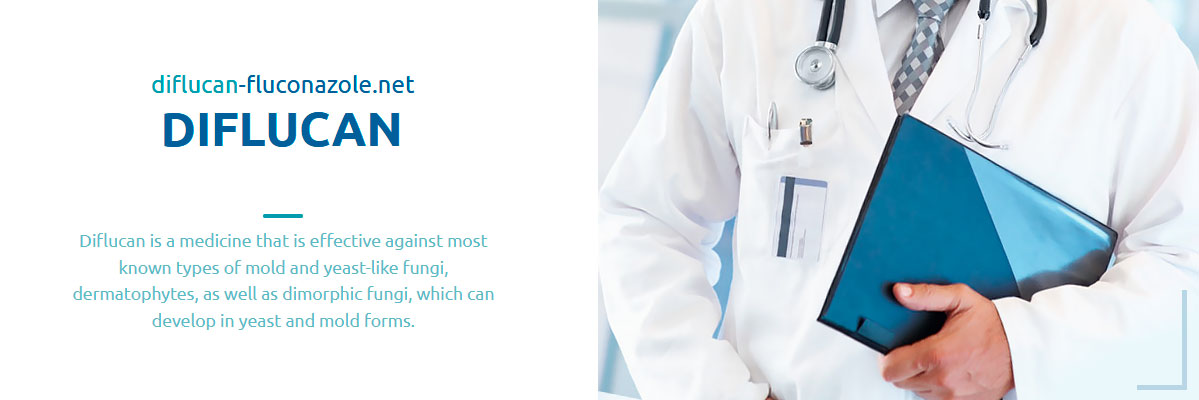There is no need to repeat for the hundredth time that bearing healthy offspring requires maximum responsibility from a woman. In this difficult period, associated with certain physiological changes in a woman’s body, you need to pay special attention to your condition, health, rules of behavior in everyday life.
If the expectant mother has any chronic hereditary diseases, such as psoriasis, this responsibility increases a thousandfold. By itself, the autoimmune inflammatory disease psoriasis, a medicine that is used to treat diseases of internal organs and systems, can leave an imprint not only on the course of pregnancy and a woman’s well-being, but also greatly affect the process of fetal development.
Pregnancy and psoriasis
The severity of pathological changes in the body in psoriasis is determined by two main criteria – the location of the lesions and the area of skin areas affected by psoriatic plaques. The mild form of the disease can be easily controlled with topical preparations – ointments, creams, emulsions. If psoriasis is severe, the patient requires a complex, systemic treatment.
How can psoriasis or the medicine used to fight the disease affect pregnancy?
There is a high risk of passing the gene for the predisposition to the development of this disease to the offspring. Heredity is one of the main reasons for the development of this disease in a child in the future, regardless of whether only one of the parents suffers from psoriasis, or both mother and father suffer from it.
In addition, it was found that there is a relationship between the presence of chronic psoriasis in a woman and the likelihood of having a baby with low or, conversely, unacceptably high weight ( macrosomia ), the risk of miscarriage and premature delivery. Dysfunctions of the immune system of the mother, occurring at the cellular level, can cause placental and systemic vasculopathy of the fetus.
Pregnant women suffering from psoriasis are more prone to rapid weight gain (obesity), the development of arterial hypertension, hypertension, gastrointestinal diseases, cardiovascular, endocrine and nervous systems, and diabetes mellitus.
All these manifestations cannot but affect both the condition of the pregnant woman herself and the development of the fetus. Therefore, when registering with an antenatal clinic, a woman is obliged to report any diseases she has, especially such as psoriasis, eczema, etc.
If a woman is registered with a dermatologist or is undergoing treatment at the KVD, it is necessary to inform the attending physician about the change in her position in order to prescribe the appropriate treatment that will not pose any threat to the unborn child.
Pregnancy and psoriasis medications
Medical treatment of psoriasis during pregnancy provides for a strict differentiation of the drugs used. This requirement is due to the potentially teratogenic effect (malformations, fetal deformities) of certain local and systemic agents.
Mild psoriasis can only be treated with topical therapies. In this case, the use of corticosteroids should be limited and only as directed by a doctor. Local treatment with anthralin , coal tar, calcipotriene is safe, but it is also carried out under the guidance of a specialist.
In the treatment of a severe form of a disease such as psoriasis, external drugs are combined with the intake of systemic, potent drugs. These include, for example, biologics alephasept , etanercept, adalimumab , infliximab or mycophenolate mofetil , acitretin , methotrexate, which are toxic and can significantly affect the fetus. Therefore, treatment with such drugs must be completely abandoned, replacing them with other, less dangerous drugs.
An adequate strategy for the treatment of psoriasis during pregnancy must necessarily be developed taking into account the optimal balance of negative consequences associated with the harmful effect of psoriasis and related diseases on the well-being of the expectant mother and fetus, as well as with therapies used during treatment.
